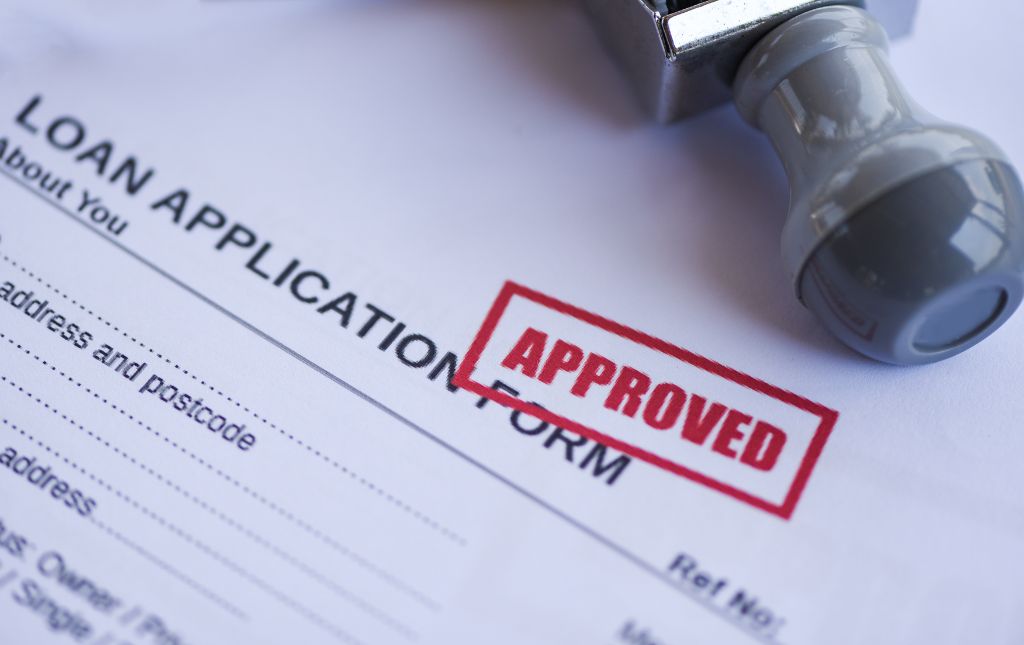
Securing funding is a crucial step for entrepreneurs looking to start or expand their businesses. Whether you’re a seasoned business owner or a startup enthusiast, having the right financial support can make all the difference. In this blog post, we’ll explore the top 5 ways to get your business funded.
Traditional Bank Loans:
Traditional bank loans are a classic method of securing funding. To increase your chances of approval, ensure you have a solid business plan, a good credit history, and collateral. Banks typically offer competitive interest rates, making it an attractive option for well-established businesses with a proven track record.
Venture Capital:
For high-growth startups with significant potential, venture capital (VC) funding is an excellent choice. VC firms invest in exchange for equity, and they often bring valuable expertise and connections to the table. To attract venture capital, focus on showcasing your business’s scalability and the potential for substantial returns.
Investor are individuals who invest their personal funds in startups in exchange for equity or convertible debt. Unlike venture capital firms, angel investors are often more willing to
take risks on early-stage companies. Networking and presenting a compelling pitch are key to attracting angel investors to your business.
ECC is partners in the Hottest Angel Group in the Country
10,000 Angel Accredited Investor Group Average investment is $100,000.
Personal introductions to interested investors.
Includes participation in our National Investor Conference.
Click here to get in touch with us
https://form.jotform.com/233328160024142
Crowdfunding:
In recent years, crowdfunding has gained popularity as an alternative funding method. Platforms like Kickstarter and Indiegogo allow businesses to raise capital by presenting
their ideas to a wide audience. Offer attractive rewards to backers and create a compelling campaign to stand out in the crowded crowdfunding space. If we approve of the project, we can prepare a Private Placement Memorandum and provide you a list of investors to contact,
Cash flowing and start ups considered. Let’s discuss your minimum and maximum
requirements.
Make sure you are SEC compliant before you start raising capital.
Get compliant by the person who wrote the book. Everything you need to know about SEC regulations
Get started by clicking the link below.
https://lnkd.in/e3EGPGve
Government Grants and Programs:
Many governments offer grants and programs to support small businesses and startups. Research and identify relevant grants or incentives that align with your business goals. These programs can provide non-dilutive funding, meaning you won’t have to give up equity in exchange for the financial support.
Conclusion:
Securing funding for your business requires a strategic approach, tailored to your specific needs and stage of development. Whether you opt for traditional financing, seek out venture capital, attract angel investors, explore crowdfunding, or leverage government programs, thorough preparation and a compelling pitch are key elements of success. By understanding the strengths and considerations of each funding option, you can choose the path that aligns best with your business vision and goals. Find your next funding partner at privatemoneybillboard.com
Can you use credit cards to start a business?
Yes, using credit cards is a common method entrepreneurs use to finance the initial stages of their business. While it can be a convenient and accessible source of funds, there are both advantages
and risks associated with using credit cards to start a business. Here are some considerations:
Advantages:
Quick Access to Capital: Credit cards provide immediate access to funds, allowing you to cover initial expenses or seize business opportunities promptly.
Flexible Spending: You have the flexibility to use credit cards for various business needs, from purchasing inventory to covering operating expenses.
Build Credit History: Responsible use of business credit cards can help you build a positive credit history for your business, which may be beneficial when seeking additional financing in the future.
Rewards and Perks: Many business credit cards offer rewards programs, cash back, or other perks that can provide value over time.
Risks and Considerations:
High-Interest Rates: Credit cards often come with higher interest rates compared to other forms of financing. If balances are not paid off promptly, interest charges can accumulate
quickly.
Debt Accumulation: Relying heavily on credit cards may lead to accumulating significant debt, which can be challenging to manage, especially if the business takes longer to generate revenue than anticipated.
Credit Score Impact: Maxing out credit cards or missing payments can negatively impact your personal and business credit scores, affecting your ability to secure future financing at favorable terms.
Unpredictable Interest Rates: Credit card interest rates are variable and can change based on market conditions, potentially leading to higher costs over time.
Limited Credit Capacity: Depending solely on credit cards may limit the overall amount of capital you can access compared to other financing options like loans or investors.
Tips for Using Credit Cards Wisely:
Set a Budget: Establish a clear budget for your business and use credit cards within yourmeans. Avoid relying solely on credit for essential expenses.
Shop Around: Compare different business credit cards to find ones with lower interest rates, favorable terms, and rewards that align with your business needs.
Monitor Spending: Regularly review your credit card statements to track expenses and identify any areas where you can cut costs or improve efficiency.
Pay on Time: Make timely payments to avoid late fees and maintain a positive credit history.
Have a Repayment Plan: Develop a plan to pay off credit card balances as quickly as possible to minimize interest charges and reduce the risk of accumulating long-term debt.While credit cards can be a valuable tool for financing the early stages of your business, it’s essential to use them responsibly and consider alternative funding sources based on your specific needs and circumstances. Consulting with financial professionals can provide personalized advice tailored to your business. If your ready to try unsecured funding we have several vendors willing to help here is two you can find more at private moneybillboard.com
Preferred funding group https://preferredfundinggroup.wufoo.com/…/s7y04ae0w8tigv/
Midwest corporate credit https://mwcc.wufoo.com/forms/affiliate-form/



